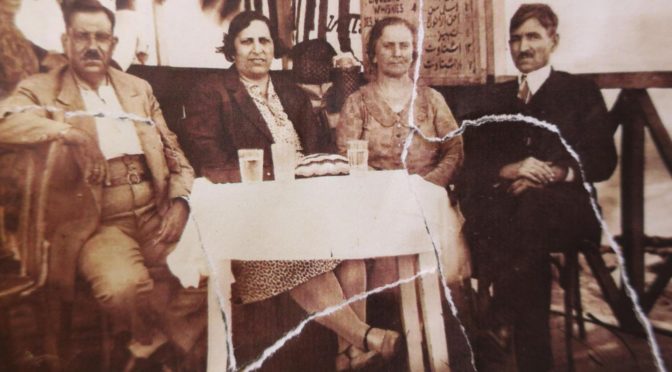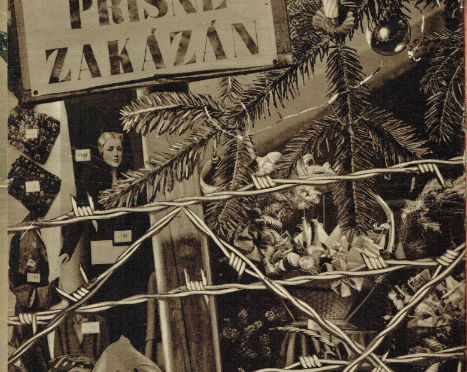Launch of the TANDEM Project led by
Michèle Baussant (CNRS/CEFRES),
Johana Wyss (Czech Academy of Sciences)
Maria Kokkinou (CEFRES / Charles University)
Defeated Memories. De-imperial Europe: A Resentful Confederation of Vanquished Peoples?
When: Friday 20th November, 9 am – 11 am
Where: Online
Please, access the zoom conference by following this link: https://us02web.zoom.us/j/81054592971?pwd=UkJjZW90T0lDK0MwNm5PZit2S2U3QT09
Language: English
With the participation of:
Sylvie Démurger, Deputy Scientific Director, Europe and International Affairs (CNRS)
Jérôme Heurtaux, Director of CEFRES
Tat̕ána Petrasová, member of the Academy Council and coordinator of Czech Academy of Sciences for the TANDEM program
Discussants:
Catherine Perron, Research Fellow, CERI, Sciences Po Paris
Valérie Rosoux, Director of Research-Professor, Université Catholique de Louvain
Thomas Van de Putte, Postdoctoral Fellow, Department of Sociology, University of Trento
Abstract:
This online launch of the new Tandem project is dedicated to the ghostly, material and symbolic memorial landscapes of defeated minorities, who have been displaced and dispersed after the successive collapse of imperial and multinational entities during the 20th century. The aim of the project is to offer a new critical perspective on the multiple, persistent, and sometimes connected forms of European (post)imperial pasts along the old extra- and intra-European borders and on their diverse and entangled uses.
The project is based on a choice of different cases – Germans expelled from East Prussia and Silesia, Europeans of Algeria, “foreign” or “local” minorities of Egypt, Portuguese of Angola and Mozambique-, and deeply rooted in ethnographic fieldwork. It will cross the memories of the displaced peoples, and of those who have repopulated or continued to live in the physical spaces after them, in an unprecedented way, offering mirror images or images that are shifted, distorted or blind.
Initiated by Michèle Baussant, anthropologist and research director at CNRS, this Tandem project is also carried out, on the Czech side, by Johana Wyss, anthropologist and researcher at the Czech Academy of Sciences. Maria Kokkinou, anthropologist and postdoctoral fellow at CEFRES and Charles University is a member of the Tandem team as well.





